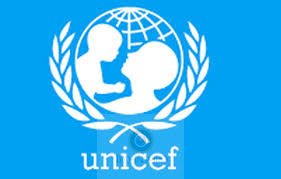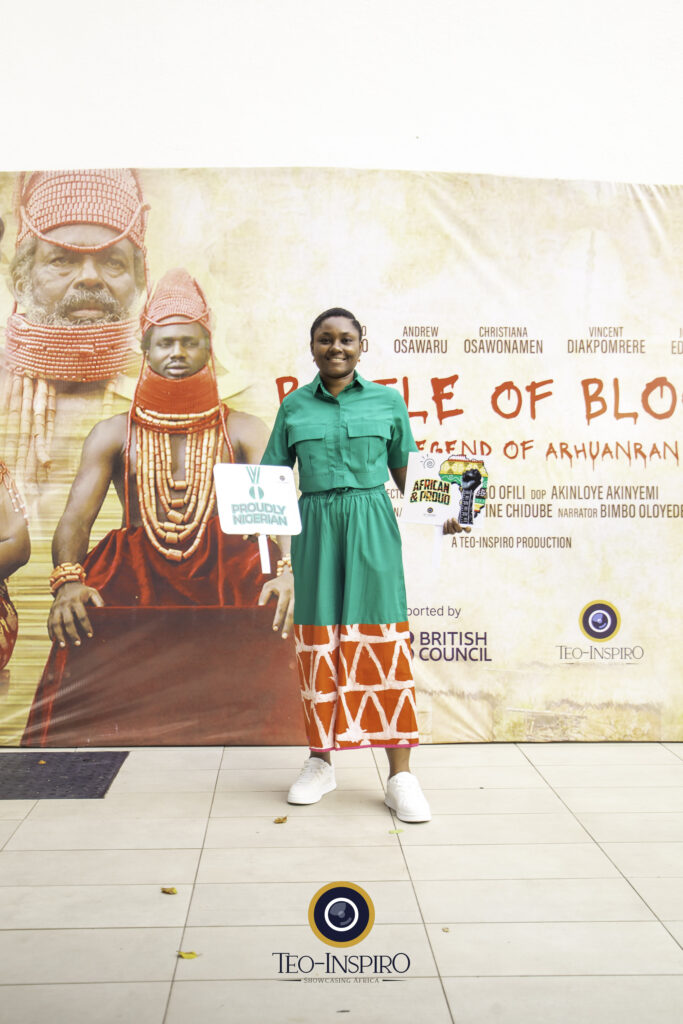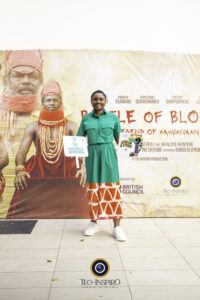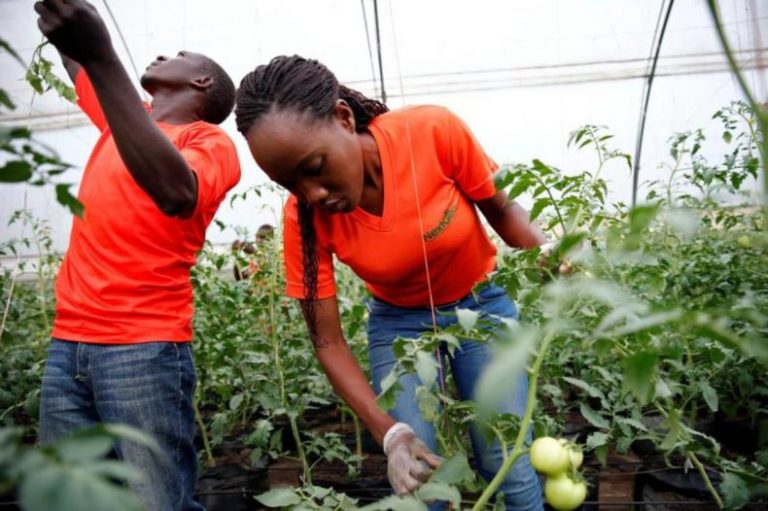 The United Nations Children’s Fund (UNICEF) warned that the coronavirus crisis poses a serious threat to women’s engagement in economic activities, especially in informal sectors where women constitute a high percentage of the work force.
The United Nations Children’s Fund (UNICEF) warned that the coronavirus crisis poses a serious threat to women’s engagement in economic activities, especially in informal sectors where women constitute a high percentage of the work force.
UNICEF found that the coronavirus pandemic has interrupted access to critical services and has diminished livelihood sources for households.
In April, United Nations Chief, Mr Antonio Guterres warned that women and children face the highest risk of suffering losses from the pandemic.
“When tackling the devastating social and economic dimensions of the crisis, a focus should be on the most vulnerable by designing policies that, among other things, support providing health and unemployment insurance, and social protections, while also bolstering businesses to prevent bankruptcies and job losses”, he stated.
The agency said that, with the prediction of the worst global recession in decades, the pandemic is a socioeconomic catastrophe for countries like Afghanistan, where the proportion of the population living below the national poverty line increased from 34% in 2007 to 55% in 2017.
In Afghanistan, the travel bans are increasing gender livelihood gaps and creating an adverse impact on food security in households. The poverty level at Afghanistan’s Herat province, which is the country’s epicenter of the coronavirus outbreak as of April, stands at 47.6%.
“UNICEF is committed to ensuring gender equality is at the heart of our COVID-19 frontline service delivery and system strengthening support across health, nutrition water, sanitation, hygiene and protection sectors, as well as our advocacy, risk communication and community engagement efforts”, said Aboubacar Kampo, Afghanistan’s UNICEF Representative.












